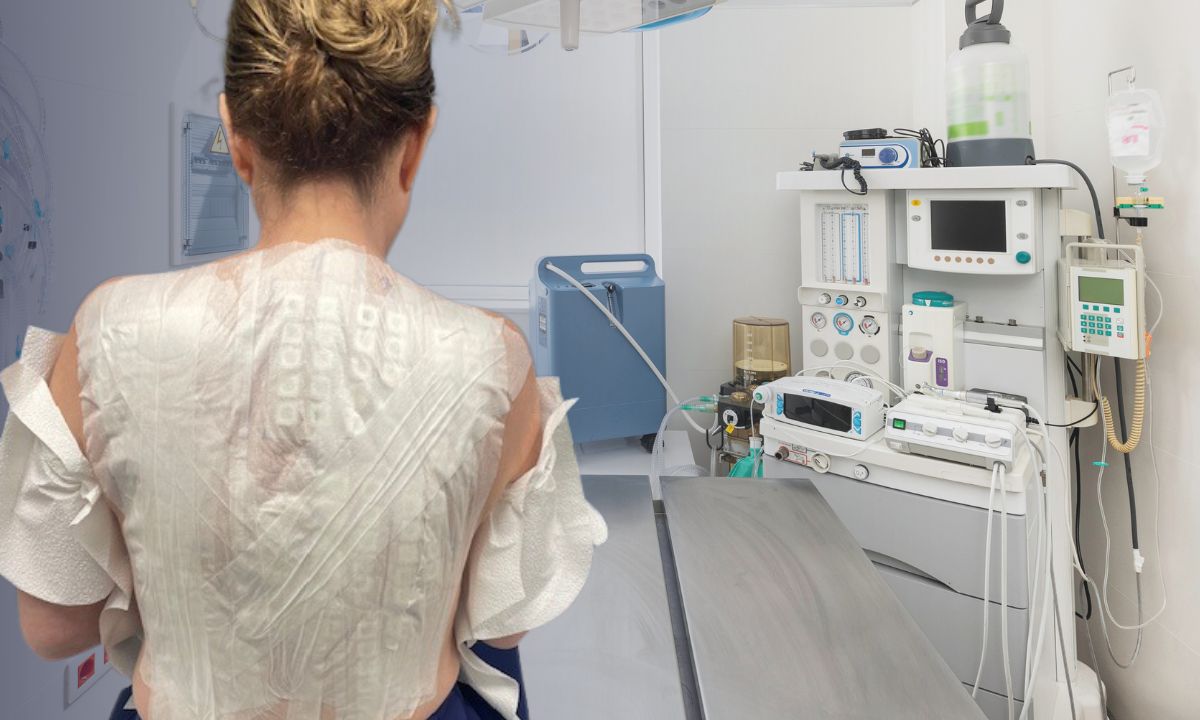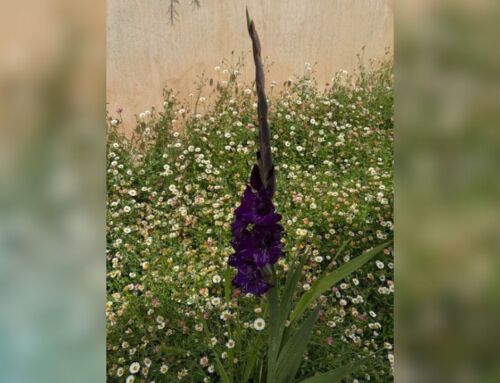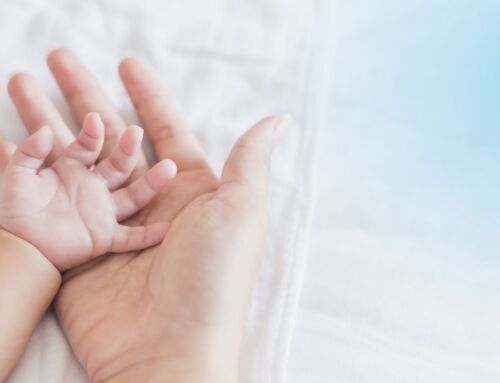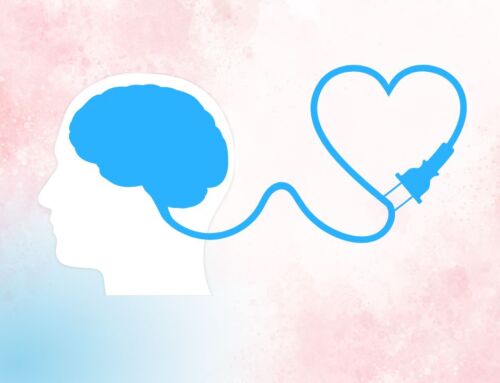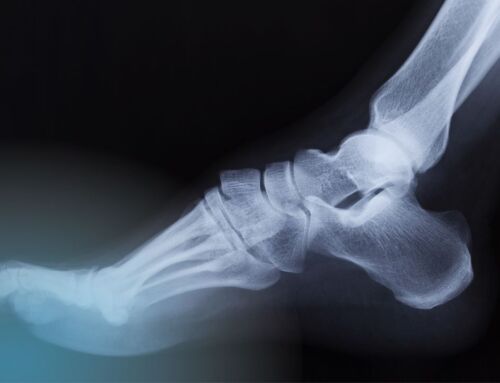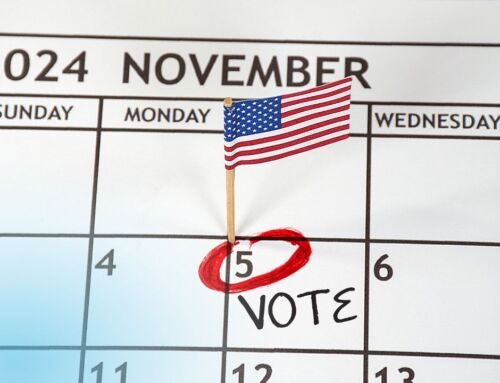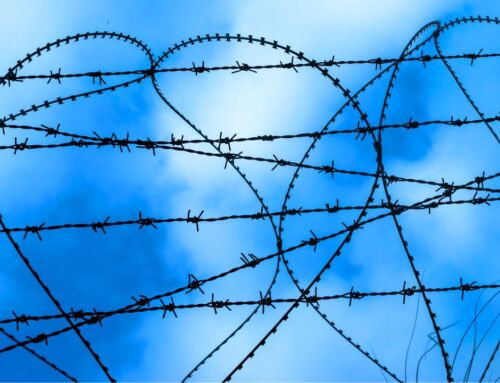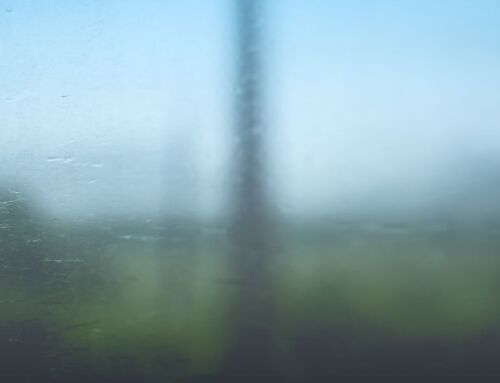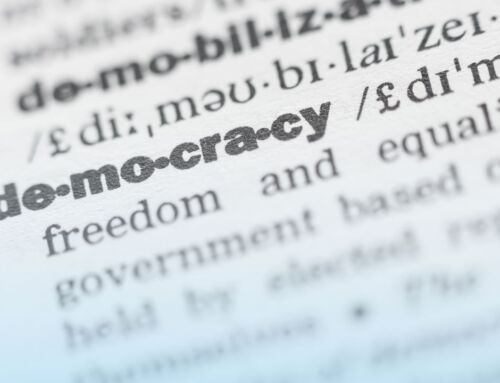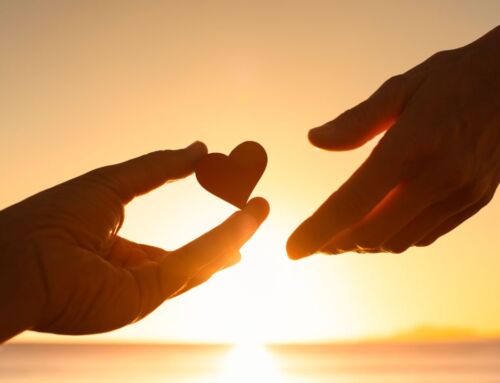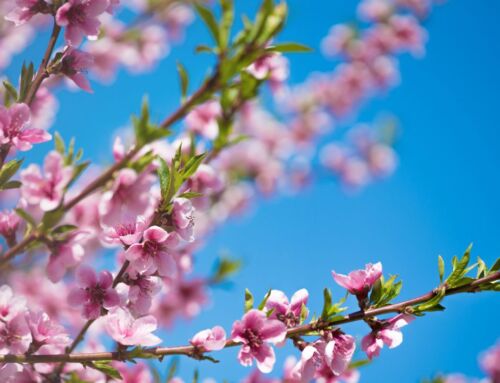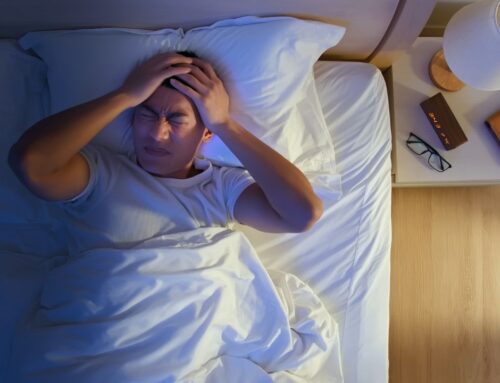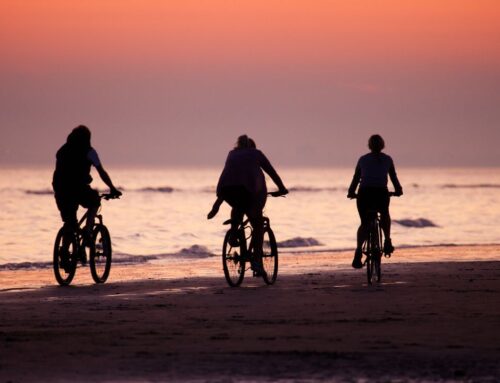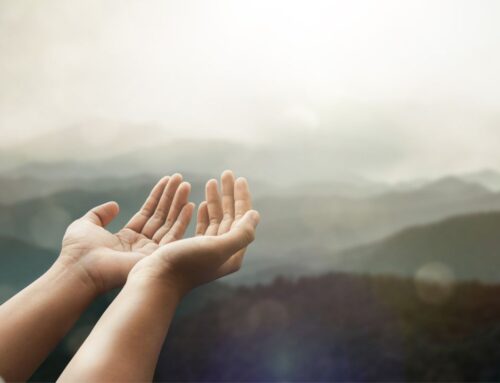I’ve been dealing with a health challenge (another one!) for the last three months that has me using mindfulness, self-compassion, meditation, and every practice and treatment I can find to heal.
I’m afflicted with eczema on my back, which makes it itchy and inflamed. I’ve experienced nothing like it before, and now, at age 63, I’ve got it. On Dec. 24 I got my fifth shot of the COVID vaccine. Three days later I got the rash, and I’ve had it ever since. And once again, like I did last fall when I was coping with extreme pain in my arm and shoulder, I am leaning into my practice.
I’m in Idaho doing alternative therapies like hyperbaric oxygen therapy and Quantum Neuro Reset Therapy (QNRT™). When I get back to San Diego, I begin light therapy at the dermatology office — all hoping to get rid of this rash. In San Diego, I had a 90-item allergy test that involved the dermatologist taping patches containing allergens all over my back. I had the strips put on my back on a Monday, followed by an application of surgical tape covering my entire back — even where it was rashy. On Wednesday, they removed the tape, which was excruciating. After the tape was gone, they mapped my back with a magic marker, which was reviewed on Friday by the doctor. No showering from Monday to Friday, and no sweating either, to keep the test strips dry. This was the worst pain and itchiness — I was going out of my mind.
The dermatologist said the good news is I am not allergic to those things. When I heard that, I felt despondent. She said people turn their lives inside out when they find they are allergic to these environmental elements. I wanted an answer and was let down that after suffering months of ointments and antihistamines, and a week of tape, I had no solutions. She offered a few treatment options, light therapy in the office, and two medicines that are immunosuppressants. I’m hoping the light therapy works. I am a scientist, and now I am my own science experiment!
The National Eczema Association estimates that 31.6 million Americans (10.1%) have eczema. Although it is most common in childhood, 1 in 10 people will develop it during their lifetime.
Eczema causes severe itching, pain, disturbed sleep, and in adults is associated with higher risk of autoimmune and cardiac disease, depression, and suicide. Almost one-third of adults who suffer from it have experienced challenges in school or their work life. Nearly 40% of eczema patients report they’ve turned down a job or an educational opportunity due to the disease.
Having come down with it at this stage in life, I feel tremendous empathy and compassion for people going through this their whole life. I can’t even imagine it.
“Eczema doesn’t only mark the skin. It imprints the psyche,” writes Henry Shukman in “One Blade of Grass: Finding the Old Road of the Heart, a Zen Memoir.” “The shame runs deep, clever at reinforcing itself. A stranger’s glance across the street, a brush-off by a teacher — shame looks for shame. The despair can be intense, because despite the doctors’ predictions, the disease never seems to end.”
In the book, he details how his meditation practice helped him recover from depression, anxiety, and chronic eczema he’d had since childhood. He wrote:
“Often, I felt my body hadn’t been made for this world at all. I was born into burning skin, a nettle shirt…They called it eczema, which meant ‘boiling out.’ Bubbles appeared under the dermis and epidermis, broke open into the air, and the itching, weeping, bleeding and so on followed.”
When I read the book years ago, I remember thinking: I don’t want to read one more sentence about his skin! Now I get it.
I also recall reading studies that showed Mindfulness Based Stress Reduction (MBSR) can help relieve the itching of eczema, also known as atopic dermatitis. MBSR is like the eight-week Mindful Self-Compassion course I teach. It’s a great course and was my introduction to the study of mindfulness.
According to the National Eczema Association, “Anxiety and stress are common triggers that cause eczema to flare up, which then creates more anxiety and stress, which then leads to more eczema flare-ups. So how do we break this vicious cycle?”
That’s the question I’ve been trying to answer for three months.
According to a recent article in Everyday Health, “if you have eczema, there are areas of your brain that are overactive, which causes the release of the stress hormone cortisol.” They cited a small study from Emory University that found that meditation helped reduce the urge to itch by deactivating those areas of the brain.
Another study cited in Everyday Health found that psychological interventions involving mindfulness and self-compassion helped people scratch their skin less, keep up with skin treatments better, and experience significant improvements in their day-to-day well-being.
“Integrating mindfulness and self-compassion into usual dermatological care could help people with eczema’s quality of life, symptoms, and psychological well-being,” says lead study author Sanae Kishimoto, MHS, MPH, a clinical psychologist at Kyoto University’s School of Public Health in Japan.
I know that meditation and mindfulness work to calm the nervous system, and I am trying to direct it. I know there is an emotional part, too. There’s so much social unrest and war going on. How can you hold all those truths in such a way that you can still calm your nervous system?
I am using a lot of my mindful methods tools, thinking about them like an icy blanket enveloping me and cooling the burning itch. Whenever something upsets me, I use soothing touch, putting my hand on my heart to release oxytocin in my brain and calm the cortisol reaction. I name what I am feeling. Then I ask myself: “What should I hear right now? Julie, sweetheart, this is tough but it won’t last forever. What should I do?”
Meditation really seems to help.
When I’m meditating, I’m not concentrating on the itchiness on my back. When your mind is engaged in meditating, or anything that holds your attention, you itch less because your attention is focused on something else. I thank my practice for the relief! (You may have noticed the steps I took above are the elements in the SNAP method! Soothing touch, Name the emotion, Act, and Praise — I use SNAP for all discomfort, whether emotional or physical.)
For me, open awareness meditation is hard right now because I need more than just my breath to hold my attention. I need a louder anchor of awareness to collect my attention so I forget about feeling itchy.
I told my dermatologist about six weeks ago that I was using my practice and noticing how difficult it was. She said, “Yeah, you need a really strong distraction.”
What’s been working well for me is loving kindness meditation.
I am also still teaching my Wednesday morning class, and I noticed yesterday morning the entire time I was teaching I felt no itching on my back. I also get together once a month on Zoom with a group of friends from a course we took together years ago. I noticed when I was with them this morning that I had no itchiness the whole time.
But if I am not engaged, my attention wanders and I am more likely to feel itchy. This happens throughout the day, but fortunately it is not all day long.
Since stress is so closely linked with eczema, I am also careful to titrate the news I expose myself to each day. Being intentional about how you consume news, and how much time you immerse yourself in social media, is essential so you can calm down and not just be a walking cortisol factory. It’s okay to get upset and calm down; you just don’t want to stay upset for days on end.
I’m hoping this will clear up and completely heal without having to take powerful medicines. Fingers crossed!
This week I stopped eating almonds and egg whites to see whether it makes a difference. I am putting myself on a rotation diet and will see an allergist.
People tell me “You have really been through it,” but I keep telling myself I am not a rash; I am Julie Potiker noticing this rash arising, like other challenges I’ve faced. I am not a victim. I am just human.
